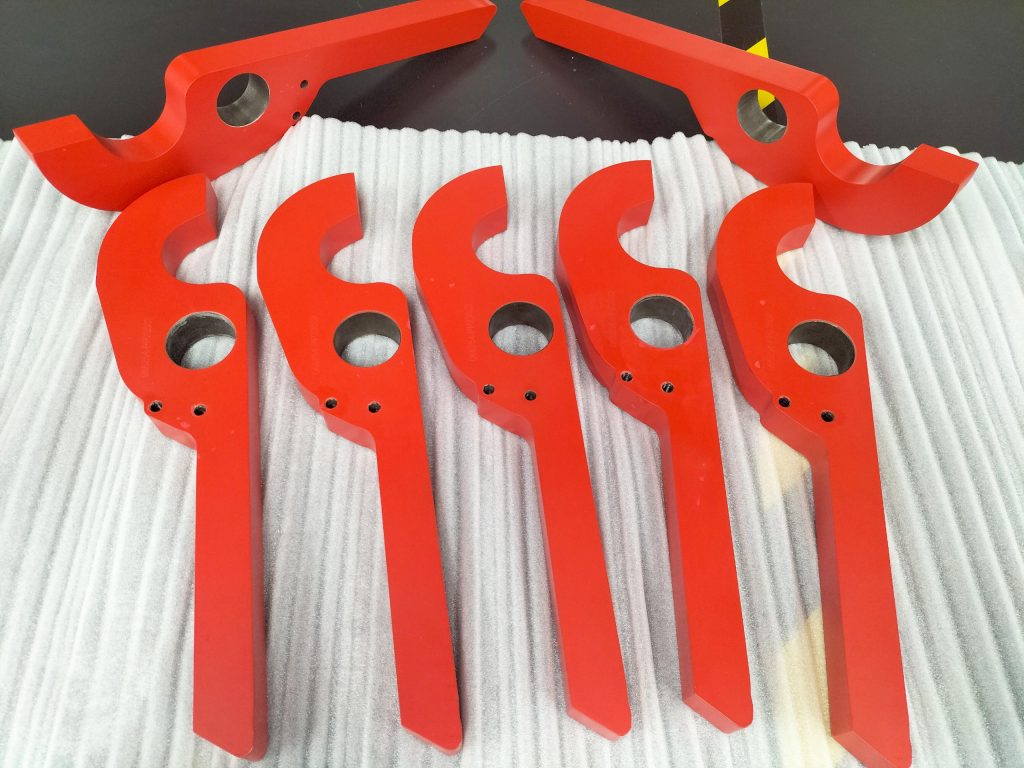
The beauty industry heavily relies on innovative materials to create packaging, tools, and devices that are both functional and aesthetically pleasing. The choice of materials can influence the durability, appearance, and sustainability of the products. This article explores six commonly used materials in the beauty industry and their properties, along with techniques and surface finishes used to enhance beauty products.
Metal is widely used in the beauty industry for durable tools and high-end packaging. Its sturdiness and sleek finish make it perfect for products such as makeup cases, lipsticks, and skincare tools. Metals are often chosen for their aesthetic appeal, strength, and ability to be molded into precise shapes. Additionally, metals can be recycled, contributing to sustainable packaging initiatives.
Stainless steel is favored for its resistance to corrosion, durability, and sleek appearance, making it ideal for beauty tools like tweezers, nail clippers, and reusable skincare tools. It is also commonly used in medical-grade beauty devices due to its hygienic properties and ease of cleaning. Stainless steel adds a premium feel to beauty products, enhancing their perceived value.
Lightweight and resistant to corrosion, aluminum is a go-to material for beauty product packaging. It is used for tubes, cans, and jars due to its ability to protect contents from light, air, and contamination. Aluminum can also be easily shaped and printed on, making it a versatile material for branding and design purposes. Like metal, aluminum is recyclable, adding to its appeal in eco-friendly packaging.
Plastic remains a dominant material in the beauty industry due to its flexibility, lightweight properties, and low cost. It can be molded into a wide variety of shapes and sizes, making it ideal for packaging everything from creams to shampoos. The versatility of plastic also allows for creative designs and user-friendly packaging features, such as pumps and squeezable tubes.
Manufacturers use polypropylene, a durable plastic resistant to chemicals, to package beauty products like lotions, shampoos, and other personal care items. Its resistance to moisture ensures that the product remains intact over time, and its lightweight nature reduces shipping costs. Additionally, PP is a recyclable material, contributing to more sustainable beauty packaging solutions.
HDPE is another commonly used plastic in the beauty industry. Its high resistance to impact, chemicals, and moisture makes it suitable for packaging shampoos, conditioners, and body washes. HDPE is also lightweight, easy to mold, and available in both clear and opaque forms. Like PP, HDPE is widely recyclable, making it a popular choice for environmentally conscious brands.
ABS is a strong, rigid plastic that provides excellent resistance to impact and wear. Manufacturers in the beauty industry often use ABS for durable product casings and high-end packaging, such as makeup compacts and brushes. Its high-gloss finish gives beauty products a sleek, professional appearance while also ensuring long-lasting durability.
Acrylic, or PMMA, is a transparent, durable plastic often used for beauty packaging and displays. Its glass-like appearance provides an upscale look while being lighter and less prone to shattering than glass. Manufacturers commonly use acrylic in cosmetic containers, perfume bottles, and luxury packaging. Its easy moldability into various shapes enhances its appeal for custom-designed beauty products.
When selecting materials for beauty products, consider several key factors:
Manufacturers employ several techniques to create beauty products with the desired form and functionality. These include:
Surface finishes play a significant role in enhancing the look and feel of beauty products. Some common options include:
When it comes to sourcing materials for beauty products, quality and reliability are key. PROTO MFG provides a comprehensive range of materials, including metals and plastics, to meet the diverse needs of the beauty industry. Whether you are looking for recyclable packaging solutions or durable beauty tools, PROTO MFG offers expert guidance and fast delivery times to ensure your next project is a success.
With their extensive material selection and custom manufacturing capabilities, PROTO MFG simplifies the sourcing process, allowing beauty brands to focus on creating innovative, high-quality products.